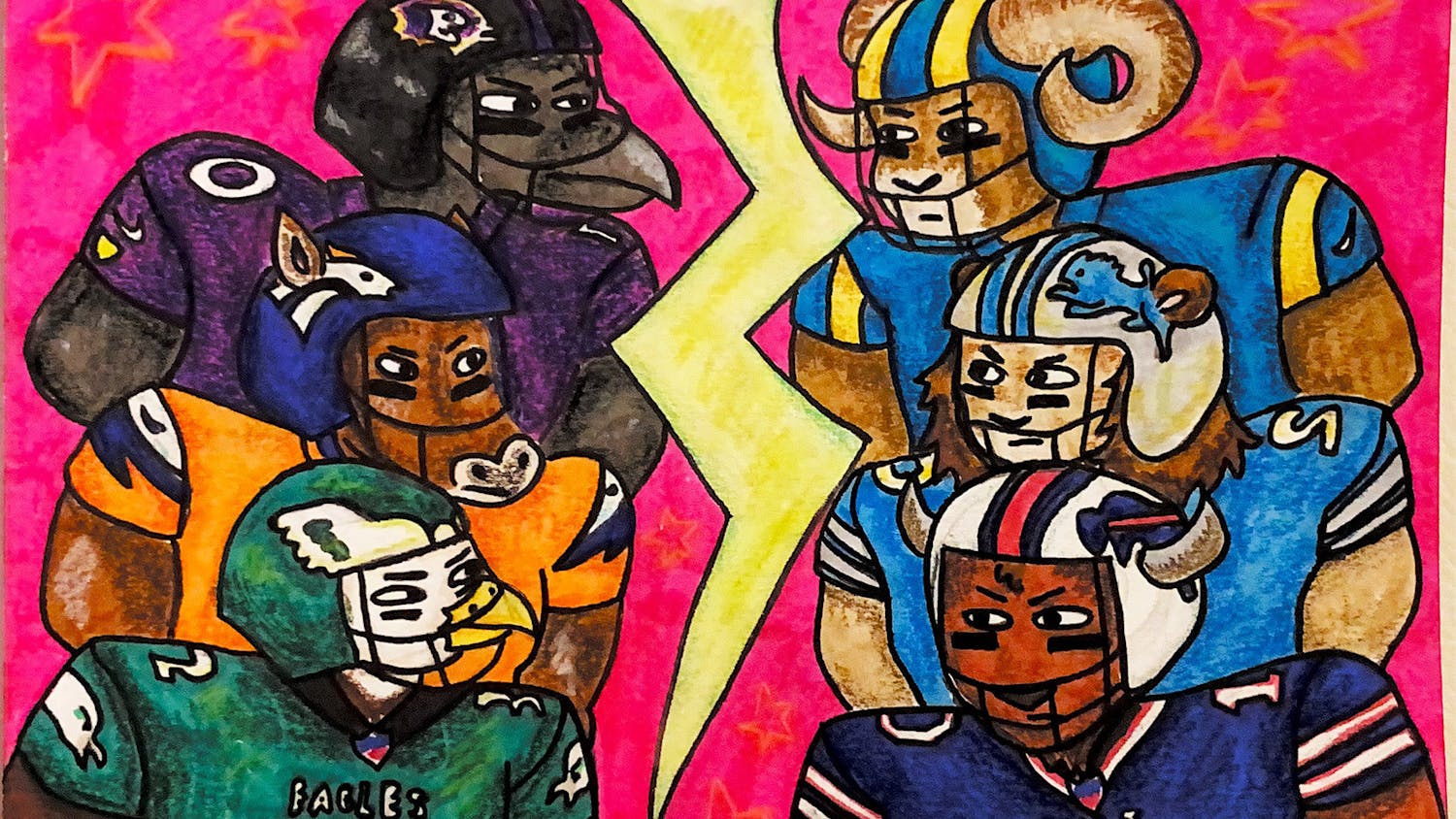No film in 2020 has divided critics and audiences more than “Cuties (Migonnes),” which was released on Sept. 9 on Netflix. On the review aggregator Rotten Tomatoes, the film currently sits at a very modest 85% rating from critics — and a miserable 13% from audiences.
Let’s start at the beginning. The film is helmed by a French Senegalese woman, Maïmouna Doucouré, in her feature directorial debut. The film originally premiered on Jan. 23 at Sundance and garnered her the Directing Award in the World Cinematic Drama category. At the time of its premiere, there was no widespread hate or controversy surrounding the film.
Cut to late summer 2020. Netflix acquired distribution rights at Sundance and launched a promotional campaign for the film. However, the images showed young girls in revealing outfits with a synopsis that included “twerking dance team.”
The Internet immediately labeled it “pedo-bait, pornography, etc…,” before the film was even released. Doucouré received death threats. #CancelNetflix started trending on Twitter. A change.org campaign to cancel the film’s release launched on Aug. 20 and has amassed over 400,000 signatures as of the writing of this article. Senator Ted Cruz (R-TX) sent a letter to Attorney General William Barr calling for a federal investigation into the film for the production and distribution of child pornography.
So does watching this film constitute an endorsement of child pornography? There are a lot of scenes in the film that were meant to make the audience squirm uncomfortably in their seats, but I don’t think that it warrants the legal proceedings thousands are requesting.
The film follows Amy (Fathia Youssouf), an 11-year-old Senegalese girl who was forced to move to France with her religiously devout mother (Maïmouna Gueye), her younger brother Ismael (Demba Diaw) and their baby brother. She struggles to adjust to the move and a new family dynamic when she realizes that her father is marrying another woman and moving into their tiny flat.
That’s when she runs into the self-proclaimed “Cuties” dance crew who eventually come to befriend her and let her join them. The team is made up of Angelica (Médina El Aidi-Azouni), Coumba (Esther Gohourou), Jess (Ilanah Cami-Goursolas) and Yasmine (Myriam Hamma).
The group of girls and the film itself feels reminiscent of films such as Céline Sciamma’s “Girlhood,” Catherine Hardwicke’s “Thirteen” and Bo Burnham’s “Eighth Grade.” All of these films deal with the themes of young girls wanting to fit in who eventually find their place in society.
The film has scenes that are endearing, heartfelt and humorous. The performances of the child actors are reliable and emotionally centered. Unfortunately, these performances haven’t been the focus of the media frenzy around the film.
The film should be known for Amy’s attempt to discover what it means to push against her family’s cultural and religious bounds to become her own woman at the tender age of 11, not the public’s misunderstood idea of how she gets there.
Every teenage girl goes through this process. Amy looks up to the older teenage girls around her. She watches popular music videos. She looks at heavily edited images on social media. These all give her a warped perception of what it means to be a “woman.”
The film’s strongest point is that it deftly captures how young girls are sexualized by the world around them. These girls naively imitate that sexualization, because that’s what they’re influenced by and they want to be perceived as older — but they are then punished by society for wanting to explore their sexuality as young women.
Get content from The Daily Lobo delivered to your inbox
The film’s weakest point is that it’s anything but subtle. The message that sexualizing young girls is bad and that the girls are influenced by the world around them clobbers you over the head. There’s also the matter of the film’s execution and the fact that in order to critique this issue, the film sexualized the young girls through costuming, dancing and male-gaze-y cinematography to make its audience uncomfortable.
Watching this film is distressing — and rightly so. But it’s disheartening to see people calling this film out for its sexualization of young girls when that’s the very message this film is trying to condemn. While it might not have been the best execution, I still think this film has started important conversations around the control exerted on young women.
We need to have difficult conversations about the United States’ obsession with sexualizing women, as indicated by the popularity of shows like “Toddlers in Tiaras,” beauty pageants for young girls with swimsuit sections or the exploitation of cheerleaders in the NFL.
So before you retweet #CancelCuties in reference to this film, ask yourself, “Am I posting that because I have a legitimate concern about the sexualization and exploitation of young girls, or is it because a Facebook post told me it was child porn?”
Shelby Kleinhans is a freelance reporter at the Daily Lobo. She can be contacted at culture@dailylobo.com or on Twitter @BirdsNotReal99






